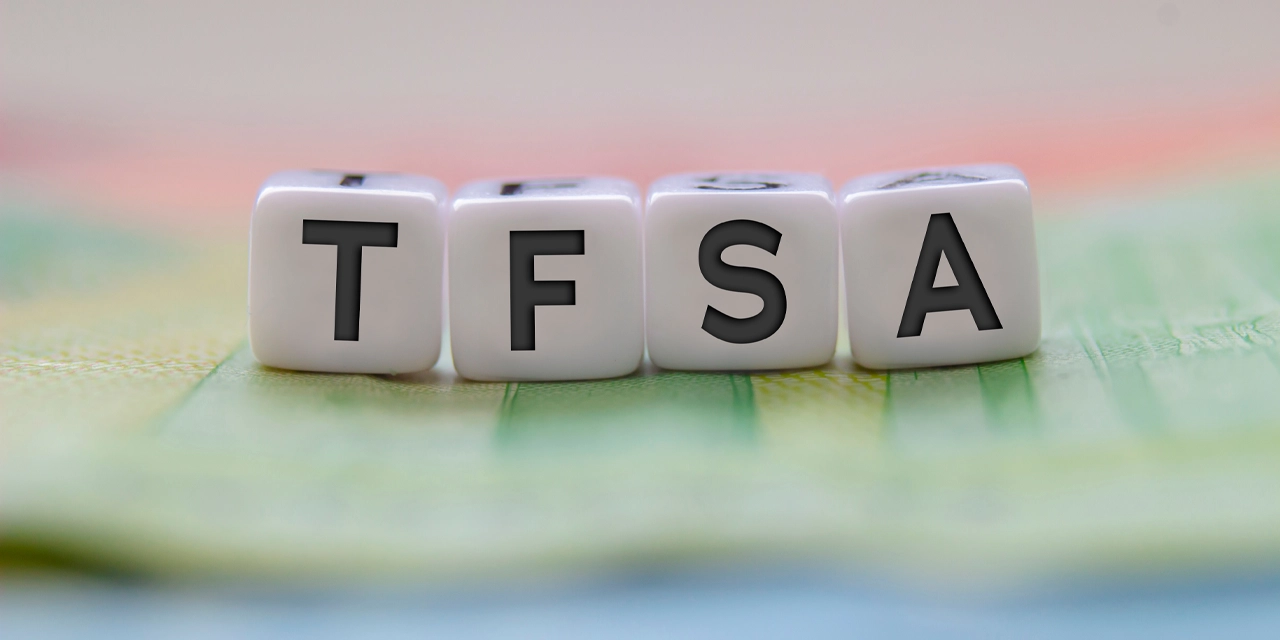By Harvest ETFs
Canadians planning for retirement get some advantages using registered retirement savings plans (RRSPs), Registered Retirement Income Funds (RRIFs), as well as other registered accounts like the Tax Free Savings Account (TFSA). These accounts offer different tax incentives to save for the long-term. However, contributions to those accounts are limited and many Canadians need to save more than those annual limits each year to afford their retirement lifestyles.
The answer they often turn to is a non-registered account. These investment accounts have no limits on how much they can hold, but also have no tax incentives or advantages. If an investment in a non-registered account grows and is sold, it’s eligible to be taxed as a capital gain. If an investment pays income from interest, that income is taxed at your marginal rate.
Retirees may be especially concerned about tax exposure in non-registered accounts, because they often live off income from their investments. Limiting tax exposure from that income is a priority for many investors, and while traditional fixed income sources like GICs and Bonds are taxed at marginal rates, one strategy can produce a more tax-efficient form of income.
Covered Calls for tax efficient income
Many equity income ETFs, such as those offered by Harvest ETFs, earn a significant portion of their cash distributions through the sale of covered call options. This strategy effectively generates premiums by selling another party the option to buy a portion of an ETF’s holdings. The second party pays a premium for that option.
In Canada, options are taxed as capital gains, not as income. Therefore only 50% of the income generated by covered call strategies is actually taxable. This can significantly reduce the tax burden a retiree faces from their retirement income. You can read more about the various tax implications of covered call ETFs here.
It’s worth noting, however, that not all the income paid by equity income ETFs is generated by covered call options. Some of these ETFs also add dividends from their underlying holdings into the income they pay, which have different tax considerations.
Individual tax situations vary from investor to investor, so it’s important for investors to seek tax and investment advice. Nevertheless, for retired and retiring Canadians who use non-registered accounts, limiting tax exposure can be very important. The capital gains portion of the income paid by equity income ETFs can help alleviate some unnecessary tax burden and leave a retiree with more income to finance their retirement goals and lifestyle.











